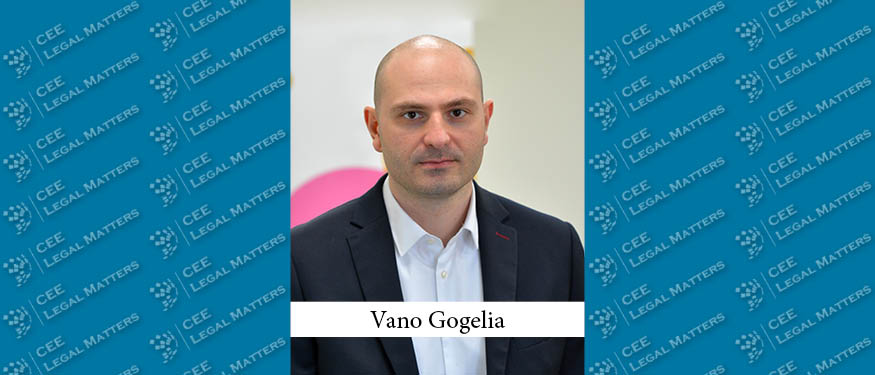Georgia’s post-election turbulence has cast a shadow over its business and legal landscape, with pro-EU momentum suspended as of now and investor confidence somewhat shaken, PwC Legal Director and Head of Legal Vano Gogelia reports. Despite the uncertainty, key sectors like construction, infrastructure, and energy remain active, providing cautious optimism amidst widespread challenges.
“There have been considerable political turbulences following the October 2024 elections, with many expectations tied to their outcome,” Gogelia begins. “After the results, suspicions arose regarding fairness, and then in November, the government unilaterally suspended the EU membership process until 2028, which significantly affected sentiment. This has created an environment fraught with uncertainty, impacting businesses and the legal sector alike.”
Initially, Georgia experienced impressive GDP growth and controlled inflation in 2024, but the post-election announcement to suspend the EU membership process “already impacted sectors like HoReCa with further effects still to crystalize and businesses adopting a pessimistic outlook,” Gogelia continues. Moreover, the uncertainty will likely have a cooling effect on the deal landscape. “Despite early 2024's economic growth driven by redirected economic streams from the Russia-Ukraine war, major foreign investments were absent, with FDI lower than in past years. Most M&A activity remained largely local, such as for example in alcoholic beverages, also in FMCG sectors that undergo major consolidations. Looking ahead, predicting deal activity is difficult. In the short term, I foresee minimal movement until at least the second quarter of 2025, as investors are likely to adopt a 'wait and see' approach pending political resolution,” he explains. “There has been some legislative activity in 2024, particularly efforts to harmonize Georgian legislation with EU standards as part of the EU-Georgia association agreement. However, since the EU membership process suspension, these efforts might slow down.”
Still, some sectors remain active despite the challenges. “Construction is booming, which has led to a steady stream of legal work related to real estate and infrastructure. Infrastructure and project financing also show promise, and we’re hopeful that activity in these areas will increase,” Gogelia reports. As a result of the geopolitical situation, there is an increasing role of the Middle Corridor, connecting Central Asia to Europe through Georgia, which seems promising for the transport and logistics sector in the future. “Energy remains a key area for Georgia, with a 2024 capacity auction for 800 megawatts of renewable energy likely to attract future investments. Additionally, AML and sanctions compliance have also been prominent, reflecting global trends,” he adds.
Focusing on specific legal market challenges, Gogelia reports that the judiciary remains a significant bottleneck, “plagued by competence and trust issues, with a massive backlog in administrative cases and increasing perceptions in the legal community of influence of private and public interests in disputes. Without a reliable judiciary, businesses face significant risks, and this lack of trust in the system discourages both local and foreign investment.” According to him, addressing these judicial issues is crucial for the country’s legal market and overall economic stability. “I know of administrative cases that have been delayed for over four years just to reach a preparatory hearing, which illustrates the depth of the issue.”
Finally, Gogelia says that it is difficult to be overly optimistic given the current climate. “In the short term, I expect a cautious approach from investors and less deal activity. However, if we see some political resolution or renewed efforts toward EU membership, that could change the landscape considerably.” In the meantime, he believes that “sectors like construction, infrastructure, and energy will continue to drive legal work. The focus for law firms will likely remain on providing risk mitigation strategies and helping clients navigate regulatory uncertainty. Despite the challenges, there are still opportunities for those who approach the market with caution and sound legal advice.”





















